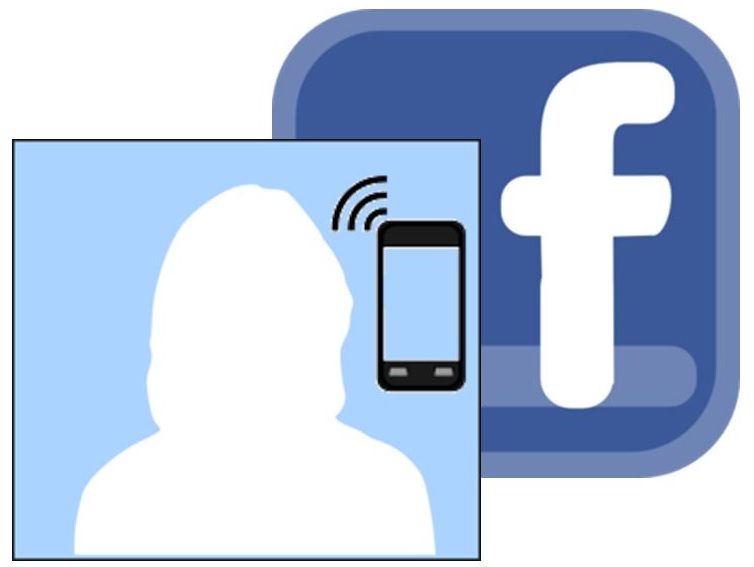The results of recent research show that a notable percentage of smartphone users use the device to conduct financial transactions.
A recent survey conducted by a financial analytics firm called RateWatch has shown that while a very small percentage of bank customers consider mobile banking to be their main option, accessing an account via smartphone is highly popular nonetheless.
Among the survey participants, 62 percent considered their primary option to be banking in person at the branch.
The 4th Annual Mobile Banking Survey revealed that while people may not think of their mobile devices as their main method of banking, there is still a considerable number of them who actually use those devices for that purpose. Bain & Co., a global management consultancy, conducted a survey that showed that 35 percent of customers worldwide were using their smartphones in order to complete certain bank transactions. That research involved the responses from approximately 83,000 bank account owners.
The popularity of mobile banking is reflected in the changes that many banks are making to cater to the devices.
 Chase Bank, for example, was one of the early entrants into the world of apps and services over mobile devices. This financial institution not only created applications that could be used by customers in order to complete transactions with their bank, but it also advertised it quite heavily through various different kinds of ads. That bank currently has over 18 million mobile customers, according to the figures cited by Gavin Michael, the Chase Bank head of digital.
Chase Bank, for example, was one of the early entrants into the world of apps and services over mobile devices. This financial institution not only created applications that could be used by customers in order to complete transactions with their bank, but it also advertised it quite heavily through various different kinds of ads. That bank currently has over 18 million mobile customers, according to the figures cited by Gavin Michael, the Chase Bank head of digital.
Michael explained that the use of smartphones to complete these transactions is “redefining how we think about banking”. This same attitude appears to be shared by the entire banking industry, at the moment. The survey from RateWatch suggested that from 2011 to 2014, the percentage of banking institutions that started to offer services over mobile devices doubled from having been 41 percent to become 82 percent.
Mobile banking has faced a number of hurdles along the way – and continues to do so. At the same time that its convenience has made it increasingly popular among some consumers, there are many who are highly resistant to using it due to concerns with regards to the security of their devices and the safety of their private and sensitive data.

 Banks explained that they feel that most of the users of mobile
Banks explained that they feel that most of the users of mobile 